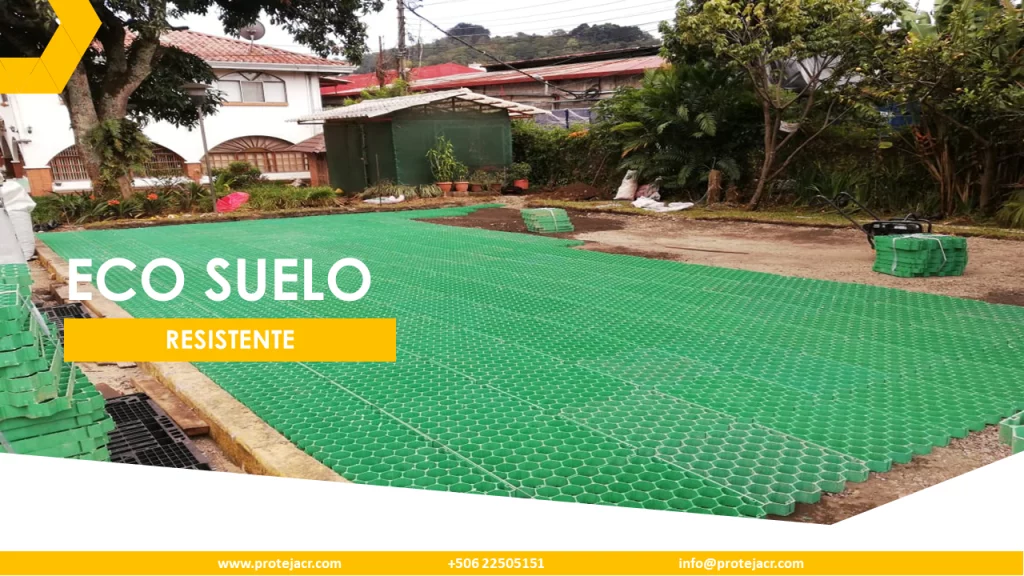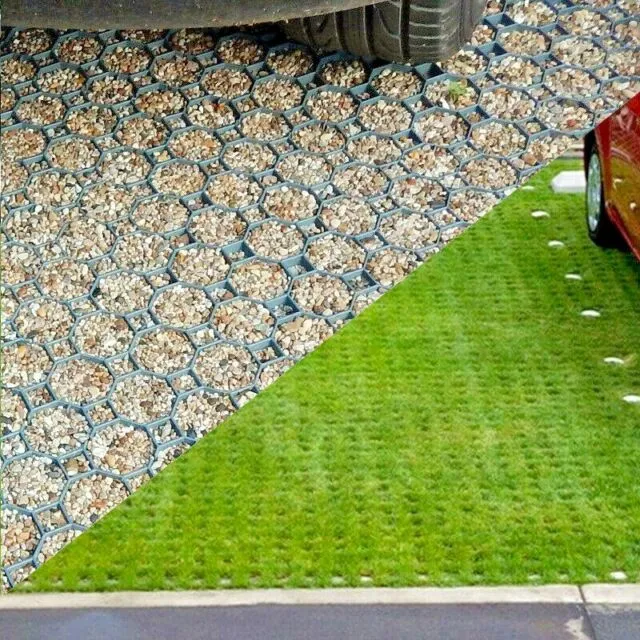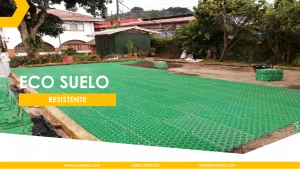What are the applications of Eco Grass Pavers?
EGP has a wide variety of applications in different contexts and scenarios. Some of the most common applications of EGP are:
1. Sustainable agriculture: EGP is often used in sustainable agriculture to produce high quality food in a sustainable manner. The use of sustainable agricultural practices such as crop rotation, use of natural fertilizers, and conservation of soil biodiversity can help improve soil health and produce healthier, more nutritious food.
2. Ecosystem restoration: Organic soils can be used to restore the health of ecosystems damaged by human activities such as deforestation, mining, and intensive agriculture. Using soil restoration practices, such as planting native plants and applying natural fertilizers, can help restore biodiversity and soil health in degraded ecosystems.
3. Gardening and landscaping: EGP can also be used in gardening and landscaping to create sustainable and healthy gardens and green spaces. Practices such as planting native plants and using natural fertilizers can help improve soil quality and plant health.
4. Infrastructure projects: EGP can be used in infrastructure projects, such as the construction of roads and buildings, to mitigate negative environmental impacts and promote sustainability. The use of practices such as soil restoration and biodiversity conservation can help minimize negative environmental impacts and promote the recovery of affected ecosystems.
5. Climate change mitigation: EGP can also be used as a climate change mitigation tool by storing carbon in the soil. The use of sustainable agricultural practices can help reduce greenhouse gas emissions and improve the ability of soils to store carbon.
6. Restoration of contaminated soils: EGP can be used in the reclamation of soils contaminated by industrial activities or mining. The use of practices such as bioremediation and the application of organic amendments can help reduce soil toxicity and restore soil health at contaminated sites.
7. Biofuel production: EGP can also be used in the production of biofuels, such as bioethanol and biodiesel. The use of sustainable agricultural practices can help to sustainably produce feedstocks for biofuels and reduce dependence on fossil fuels.
8. Protect water quality: EGP can also be used to protect water quality. Using sustainable agricultural practices can help reduce nutrient and chemical runoff into nearby waterways and reduce water pollution.
9. Develop organic products: EGP can be used to produce organic products such as fruits, vegetables, and dairy products. Using sustainable farming practices can help produce high-quality organic products in a sustainable manner and reduce exposure to harmful chemicals.
10. Sustainable tourism: EGP can also be used in sustainable tourism to promote sustainability in the tourism industry. Using sustainable practices in agriculture and soil restoration can help protect ecosystems and improve the quality of the tourism experience.
In summary, EGP has a wide range of applications in different contexts and scenarios, from sustainable agricultural production and water protection to organic product development and sustainable tourism.
In summary, EGP can be used in a wide range of applications, from sustainable agriculture to ecosystem restoration, gardening and landscaping, infrastructure projects and climate change mitigation.










